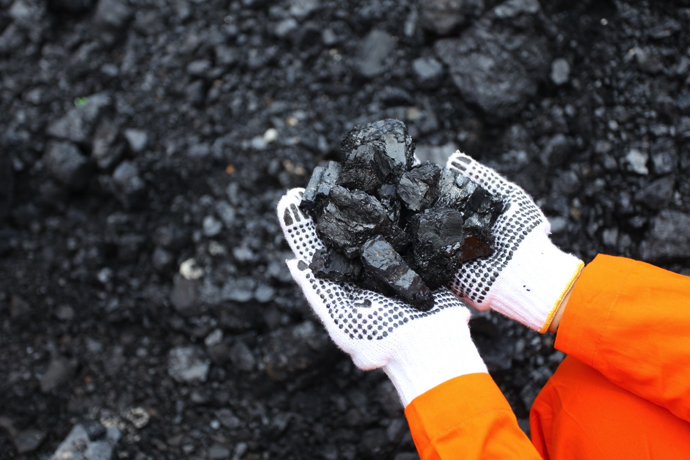Jakarta, Aktual.com – PT Bara Anugrah Sejahtera (BAS) continues to innovate in the management of mining wastewater.
Some time ago, this subsidiary of Titan Group together with PT Panca Sriwijaya Environment conducted a trial of the latest mining waste treatment. It was named “Sustainable South Sumatra Technology 1.
Aris Study Palimbunga as Head of Mining Engineering (KTT) BAS revealed, in this test, the results of the measurement of water coming out of the floodgates of the initial reservoir of 5 milligrams per liter were then continued at the sluice of the Sludge Settlement Pond (KPL) of 10 milligrams per liter.
The result? Aris claims the trial worked very well. “The result is very good. Because the standard set by the government is 300 milligrams per liter,” he said as quoted on Thursday (21/7).
BAS has actually been conducting this trial since March, it’s easy for us to do it in early March 2022. However, at that time, it was a new trial on a small scale with fairly satisfactory test results.
Therefore, the next trial is on a larger scale by enlarging the holding pool with a capacity of 5,000 cubic meters, to two ponds.
According to Mauliarosalina, Person in Charge of Operations (PJO) of Panca Sriwijaya Environment, this wastewater treatment technology is the first technology applied in South Sumatra.
He explained, initially, the level of “Total Suspended Solid (TSS)” generated from the company’s remaining mining was 10,000 milligrams.
The trick is to treat the residual water from mining in the holding pond and then drain it by giving a mixture of coagulant and flocculant as well as neutralizing acidity.
With a mixture of these three ingredients, the water and mining sludge will agglomerate and produce residual water with good condition and low TSS.
Furthermore, the mud that has been bound to the first holding pool will be pumped into a large dewatering bag which functions to compact the mud and remove the remaining filtered water from the bag.
Meanwhile, the mud that settles in the bag can be used as a planting medium after it has been deposited for approximately two to three months.
With the success of this trial, the Director of BAS, Natal Lumban Toruan, expressed his hope that in the future this technology could be a good and appropriate solution in processing wastewater into clean water.
Natal added, since BAS has been operating, it has carried out conventional wastewater treatment and after discovering this method they expect the wastewater management to be better and more effective so as to increase productivity and of course always follow better environmental management.
(Vishnu)

